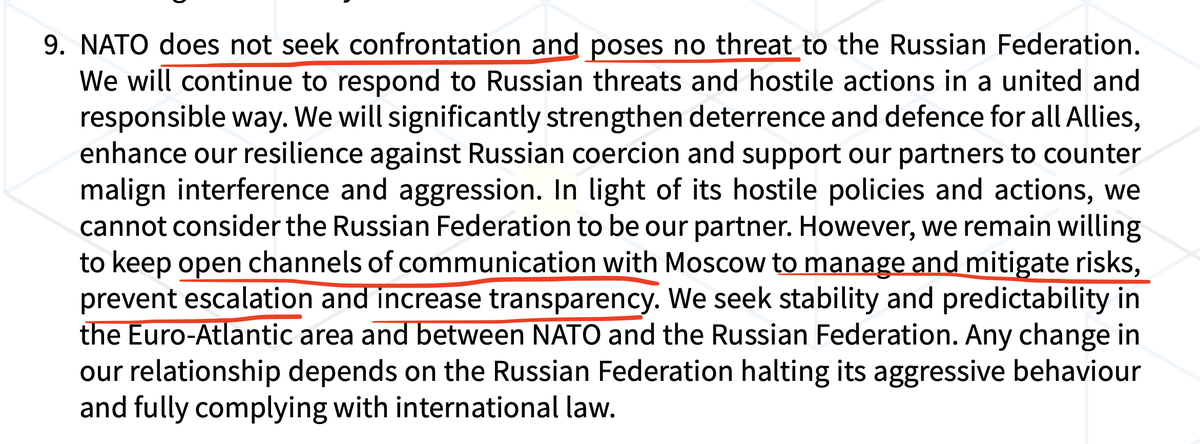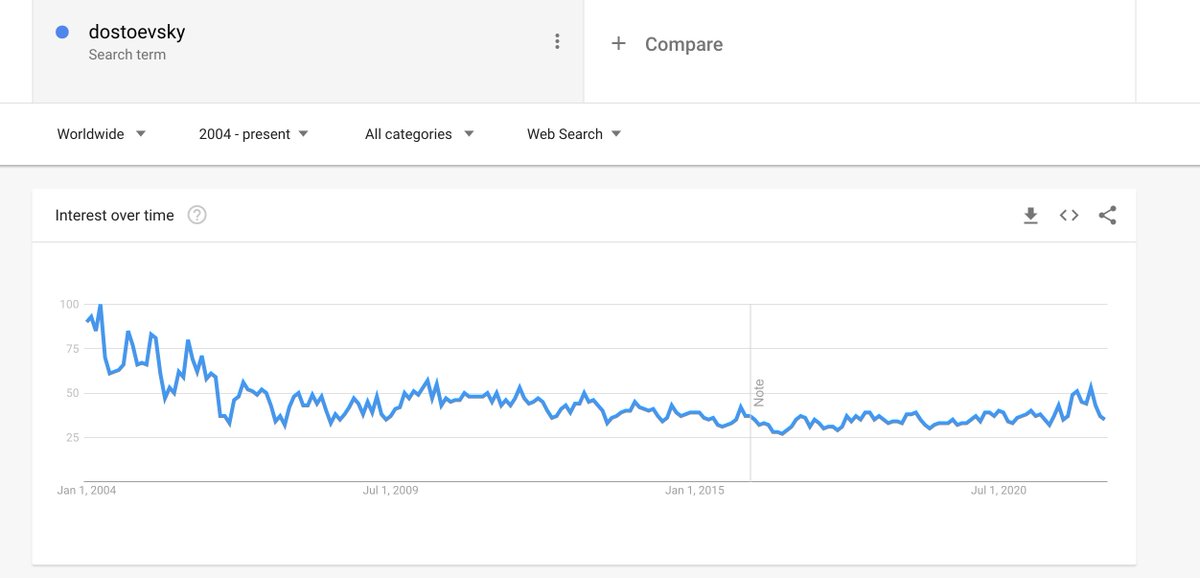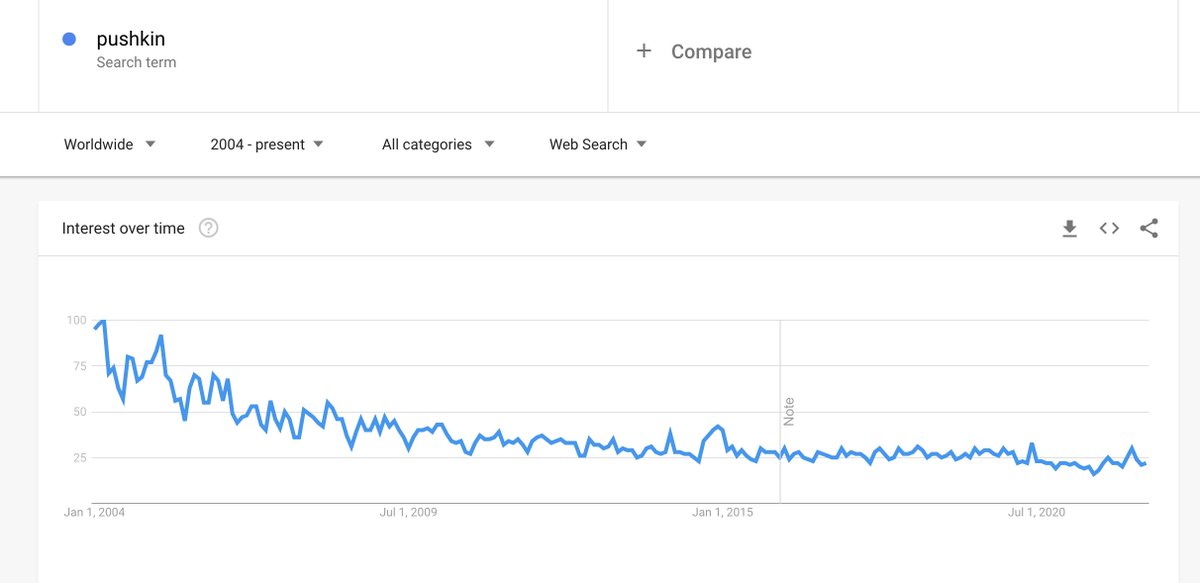
A thought-provoking article by @PhillipsPOBrien about how we overstated Russia's great power capabilities: theatlantic.com/ideas/archive/…. Let me disagree with some of the key arguments for the sake of the argument.
The first point, as @DAlperovitch has rightly pointed out, is that great powers do lose wars, and lose them badly, Vietnam and Afghanistan being of course the key case studies. It didn't make the US or the USSR lesser great powers that they lost wars in Vietnam and Afghanistan.
The Soviets "lost" their winter war against Finland (although "losing" is a relative concept - in the end, it was Finland that lost territory). But still the USSR went on to win a war against an incomparably more powerful foe, Nazi Germany.
The second point is that we have to keep in mind that while Ukraine has performed exceptionally well against the Russians, it heavily relies on Western military support; if the plug were pulled, it is likely that Ukraine would have been overrun.
We continue to sustain Ukraine to the tune of 5-7 billion USD a month, a fact that the article does not mention.
The third point is that, lamentably, the war in Ukraine shows that it's best not to get into wars with great powers. The biggest loser of the war is Ukraine itself, which has been cannibalised, and which faces dire and very uncertain prospects.
And of course the possibility of escalation remains very much alive, and we can't say that we have learned anything from Ukraine until it's well and truly over, and that won't be for some time.
In short, one might argue that we overrated Russia's relative power vis-a-vis Ukraine but, thinking again, we actually didn't. The big lessons Russia's neighbours are learning is 1) strengthen deterrence via NATO if the option is available and 2) don't poke the bear if it isn't.
• • •
Missing some Tweet in this thread? You can try to
force a refresh











